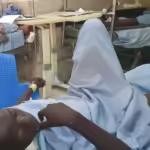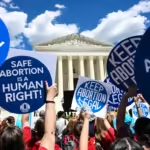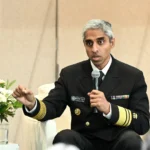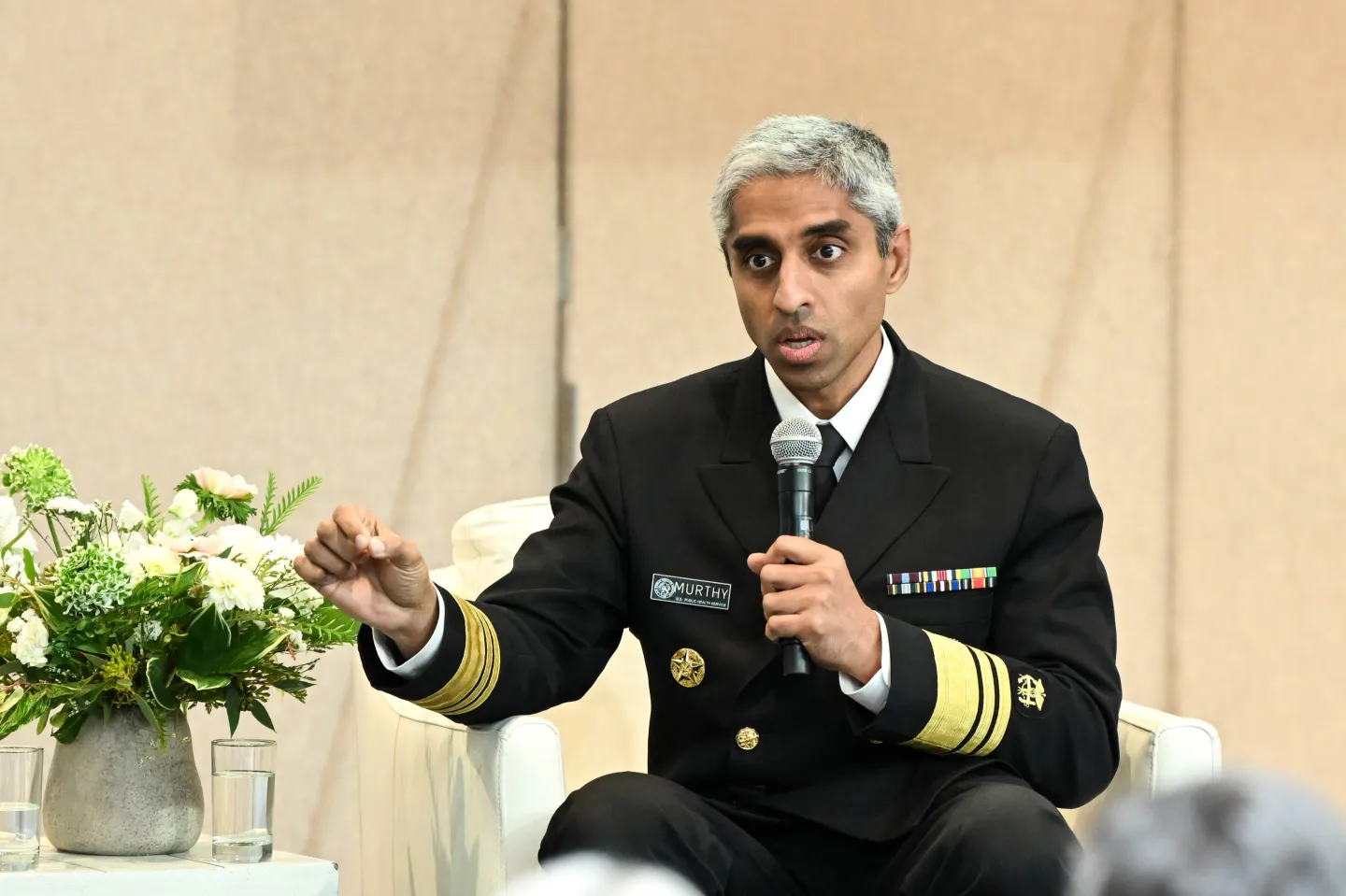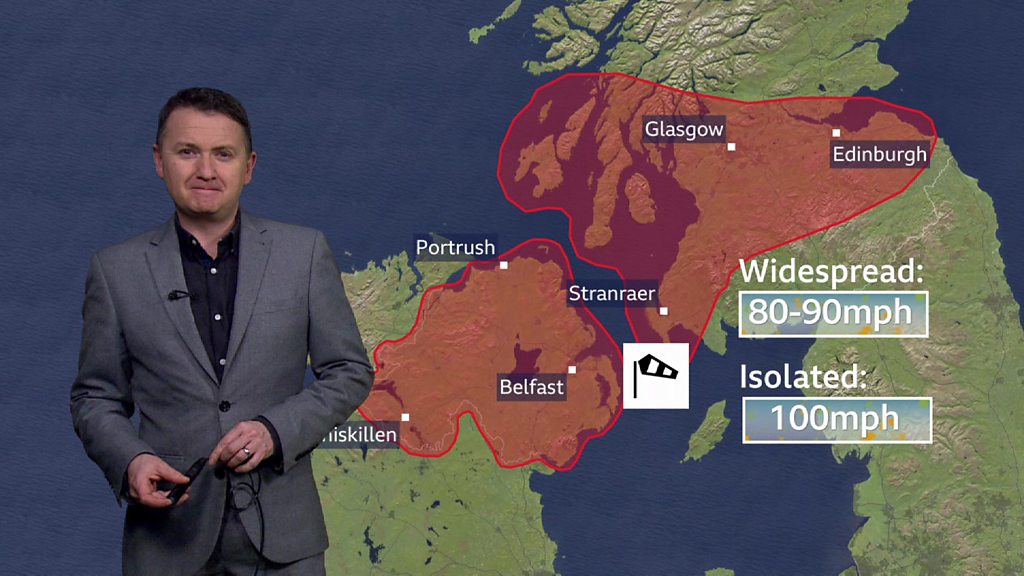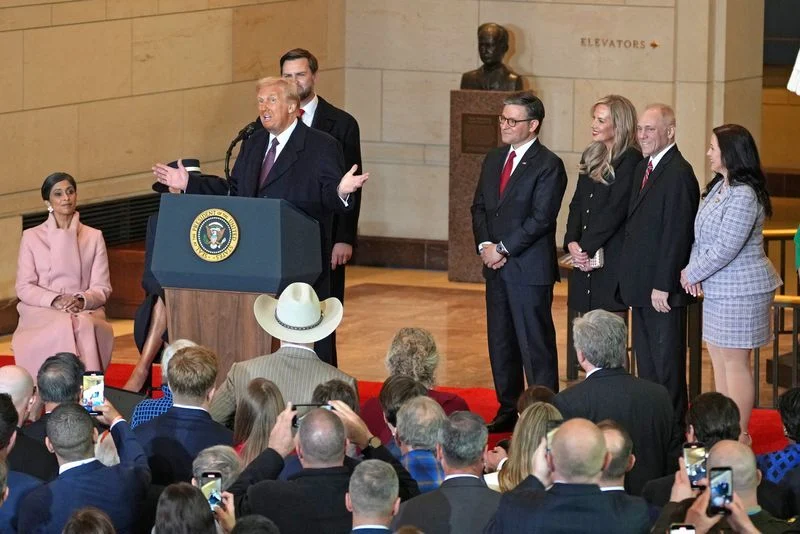In a landmark announcement, the U.S. surgeon general declared firearm violence a public health crisis in the nation Tuesday.
Dr. Vivek Murthy warned in the advisory that gun violence poses a “serious threat to the health and well-being of our country,” that has not just a serious physical toll, but mental as well.
It marks the first time the government’s leading public health body has honed in on guns.
“As a doctor, I’ve seen the consequences of firearm violence up close in the lives of the patients I’ve cared for over the years. These are moms and dads, sons and daughters, all of whom were robbed of their physical and mental health by senseless acts of violence,” Murthy said in a video Tuesday.
The rate of firearm-related deaths reached a near three-decade high in 2021 — driven by spikes in gun homicides and firearm suicides, according to the 40-page advisory.
It noted that in 2022, 48,204 people died from firearm-related injuries, including suicides, homicides and unintentional deaths. Of the firearm-related deaths in 2022, more than half at 56.1% were from suicide, and about 40% from homicide, per the report.
“Unfortunately, the problem has continued to grow,” Murthy added, citing a statistic that 54% of adults in the U.S. report that they or a family member have experienced a firearm-related incident — whether they were personally threatened or injured by a firearm, shot one, witnessed a shooting, or lost a family member to gun violence.
“Many of these harms are disproportionally felt in our communities. Black individuals endure the highest rates of firearm homicides, while suicide rates are highest among veterans, older white individuals and younger American Indian and Alaska Native people,” Murthy said.
Perhaps most jarring of all is gun violence’s effect on children —since 2020, it’s been the No. 1 cause of death among children and adolescents, surpassing car accidents, drug overdoses or cancer.
“I have sat with parents who have lost a child to firearm violence. I have listened to their stories and felt their pain as they described the holes in their hearts. As a father, I know a parent’s worst nightmare is to lose a child, to feel like you can’t protect your child from harm,” Murthy said.
However, the advisory was met with backlash from the National Rifle Association.
“This is an extension of the Biden Administration’s war on law-abiding gun owners,” Randy Kozuch, the executive director of the National Rifle Association of America’s Institute for Legislative Action, its lobbying arm, said in a statement on X.
“America has a crime problem caused by criminals. The reluctance to prosecute and punish criminals on the part of President Biden and many of his allies is the primary cause of that. That’s a simple fact.”
Guns — by headlines and numbers — are a very American problem.
In 2015, the rate of firearm-related deaths in the United States was 11.4 times higher, compared to 28 other high-income nations, according to data from the Centers for Disease Control and Prevention and the World Health Organization.
There are mental and emotional ramifications to firearm violence, as well.
The report noted that mothers who witness at least one shooting in their community are up to 60% more likely to meet the criteria for depression. Siblings of children and adolescents who died from a firearm injury exhibited a 2.3-fold increase in psychiatric disorders. Mothers exhibited a 3.6-fold increase, and fathers a 5.3-fold increase, per the advisory.
Meanwhile, 51% of U.S. teens ages 14 to 17 say they worry “about a shooting happening at my school or a local school near me.”
The advisory seeks to tackle gun violence from a public health approach — similar to those used in the past to address cigarette smoking and decrease motor vehicle deaths.
It suggests increased federal investment in firearm violence research, community-based intervention and education programs, and encouraging health systems to talk with patients during routine medical visits about safe and secure firearm storage.
It also encourages policymakers to pass laws on safe storage, implement universal background checks, ban assault weapons and large capacity magazines for civilian use, increase mental health care, and implement effective firearm removal policies under extreme risk protection orders and domestic violence protection orders.
Many of such laws exist on state levels, but have faced opposition getting passed on the federal level. The Giffords Law Center, a gun violence prevention group which tracks state gun laws, says data shows “states with strong gun laws have fewer gun deaths.”
“A public health approach can guide our strategy and actions, as it has done in the past with successful efforts to address tobacco-related disease and motor vehicle crashes. It is up to us to take on this generational challenge with the urgency and clarity the moment demands,” the advisory said. “The safety and well-being of our children and future generations are at stake.”
Tuesday’s announcement comes after Murthy earlier this month called on Congress to require a tobacco-style warning for visitors to social media platforms. He called social media “an important contributor” to today’s mental health crisis among young people. In his vision, the warning would include language to alert users to the potential mental health harms of websites and apps.














































